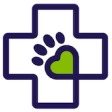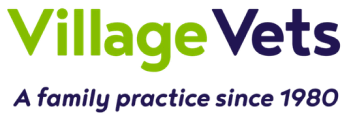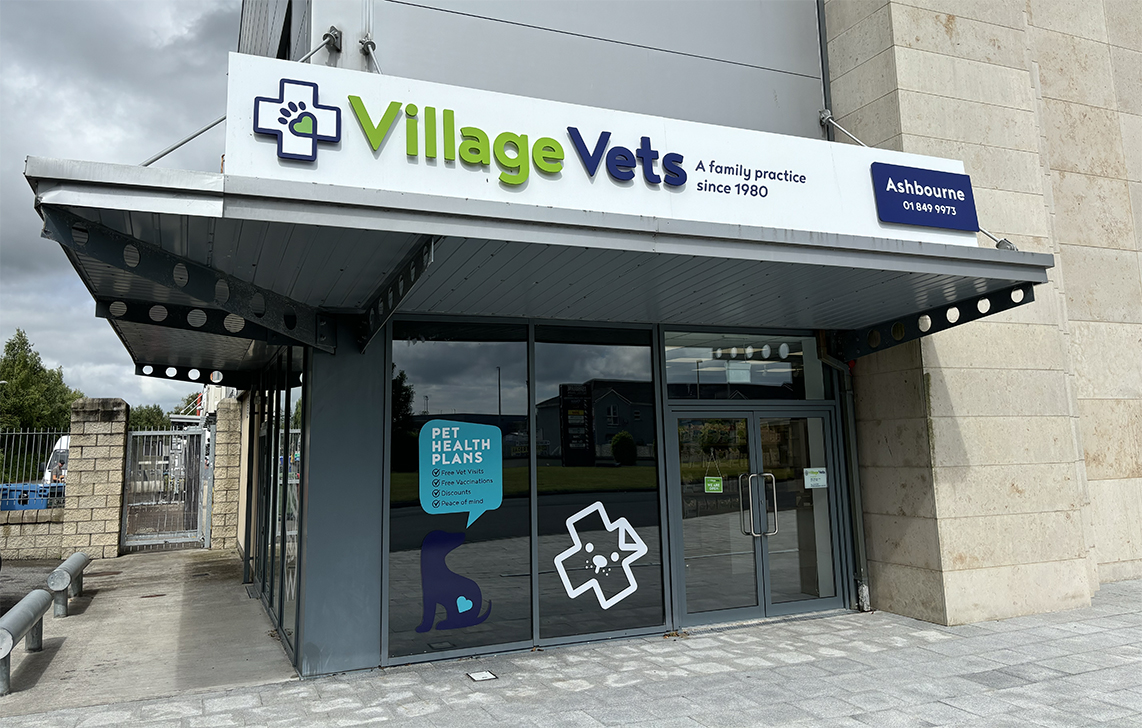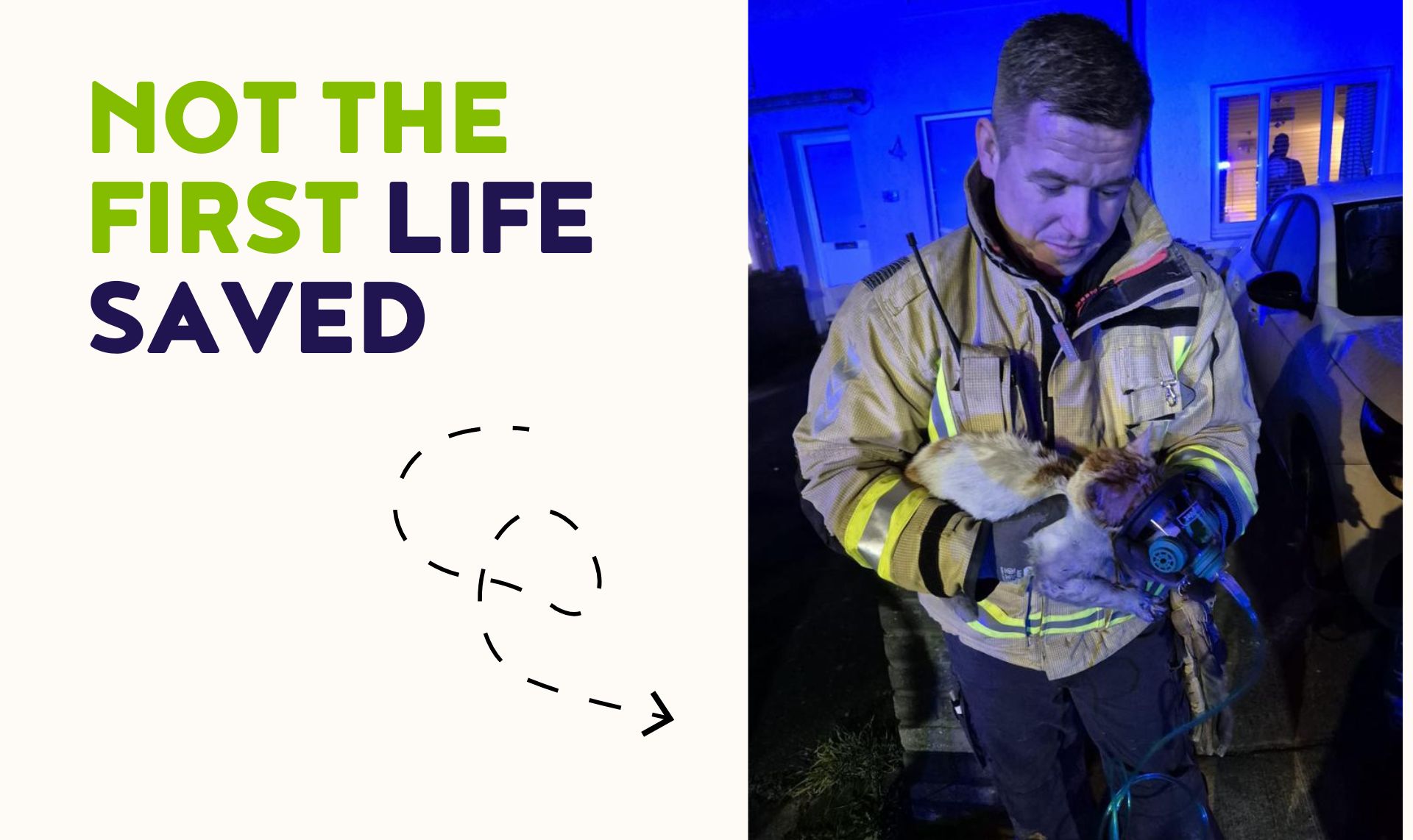More than any other time of year, Christmas is when we spoil our pets the most. This can lead to the same health complications that us humans sometimes suffer from: Obesity, Joint Conditions and poor Cardio. There are steps you can take to prevent you pet falling out of shape, but before we get there, let’s have a deeper look at the cause and effects of pet obesity.
What is Pet Obesity?
Just like us humans, pets can become overweight. In-fact, it’s never been easier for pets to become obese. From a never-ending choice of scrumptious goodies, to feeding your pet table scraps; animal obesity is sometimes lurking around the corner.
As Vets, we classify a pet as obese when its bodyweight is 20% above that of ideal (whether for size or breed). A common misconception is that a fat pet is a happy pet, however this couldn’t be further from the truth. Your pet should look lean and fit, but not starving either. In essence, looking after your best friend’s weight is like walking a fine line – as is common with most pet related things, vigilance is key to make sure you don’t steer your pet wrong.
Health Risks Associated with Pet Obesity
An overweight pet will suffer from lethargy, a lack of drive or an aversion to exercise, heart trouble (in severe or neglected cases) and have all-around poor health. In cases of surgery, we cannot operate on pets who are overweight as the added weight can have adverse effects on its successful completion. Overweight pets will also suffer joint pain where there was none before, simply due to having to carry the extra load. This is especially prevalent in dogs who are moving into the later stages of their lives, and no amount of glucosamine and chondroitin is going to be able to fix it, not unless you tackle the problem at its source!

Identifying Pet Obesity
Diagnosing a pet as obese often comes as a result of a Vet check for a different ailment altogether and the best thing you can do is listen to your Vet — they’ll be able to tell you exactly what your pet needs. The first and most important thing we’ll recommend is exercise and to cutback on foods and treats with excessive amounts of fat. Exercise is the best way (for both pet and owner) to lose weight and stay in shape. However, it may not always be that simple, but we have a plan…
Village Vets OPAWration Transformation
Our ‘OPAWation Transformation’ program starts every year in January and ends in March – a program designed to help owners improve their pet’s health and diet in a number of easy ways. During this time, you can have your pet examined by our pet health professionals for free. With years of valuable experience, we’ll be able to tell you if your pet needs a dramatic change to their lifestyle or whether a cutback is all that’s required. If it is indeed the former and there is no obvious medical condition responsible for your pet’s obesity, we will ask if you wish to opt into our Weight Reduction Program.
In this specialised program, we’ll recommend a suitable food for your pet and an exercise plan, courtesy of our dedicated Health Professionals who will also provide you with the necessary knowledge and documents in order to keep track of your pet’s weight. The loser of the most weight in our OPAWation Transformation program will win a year’s supply of Royal Canin food (for dog or cat, depending, of course); a food ideal for maintaining a healthy lifestyle.
So don’t wait for New Years Day to make a resolution! Start now and keep your pet in good health all-year-round.




